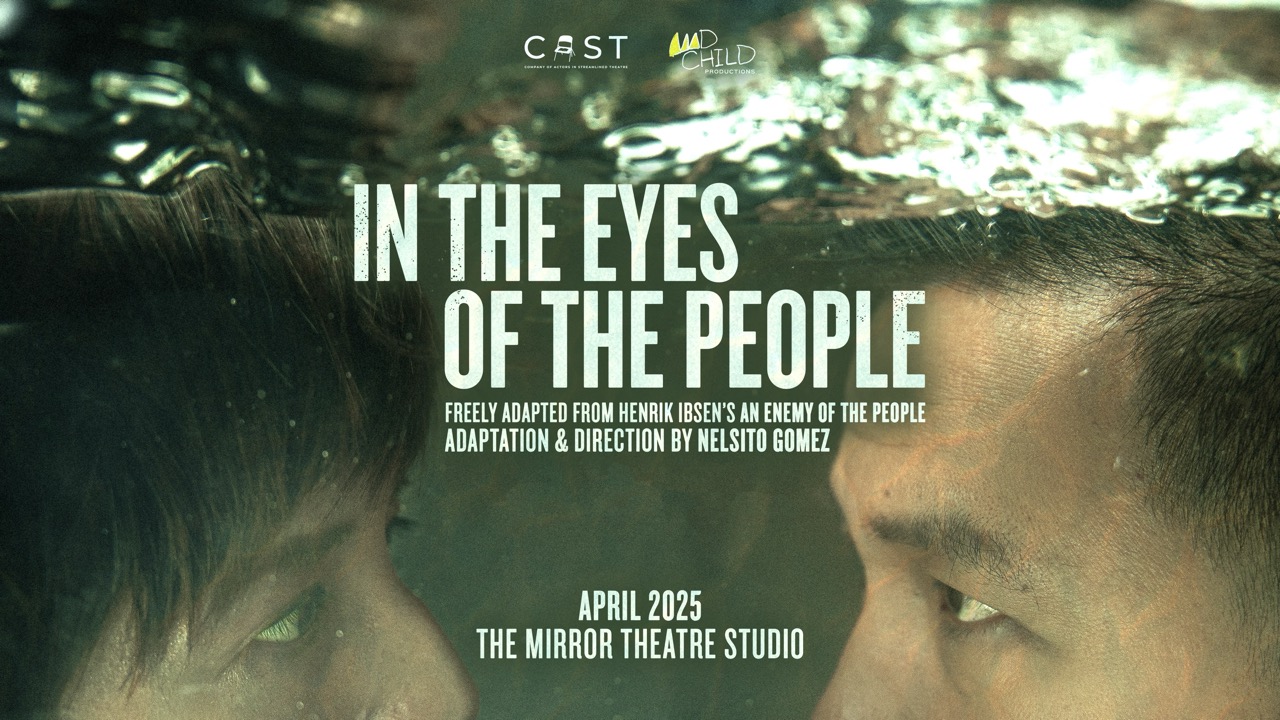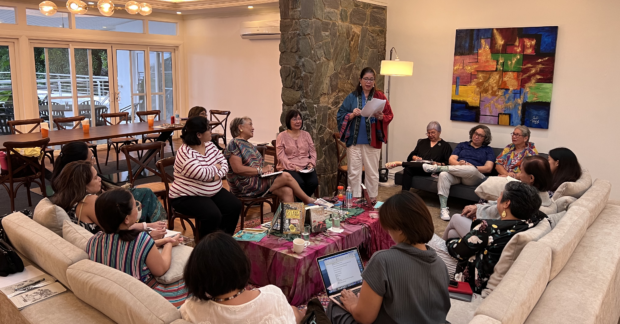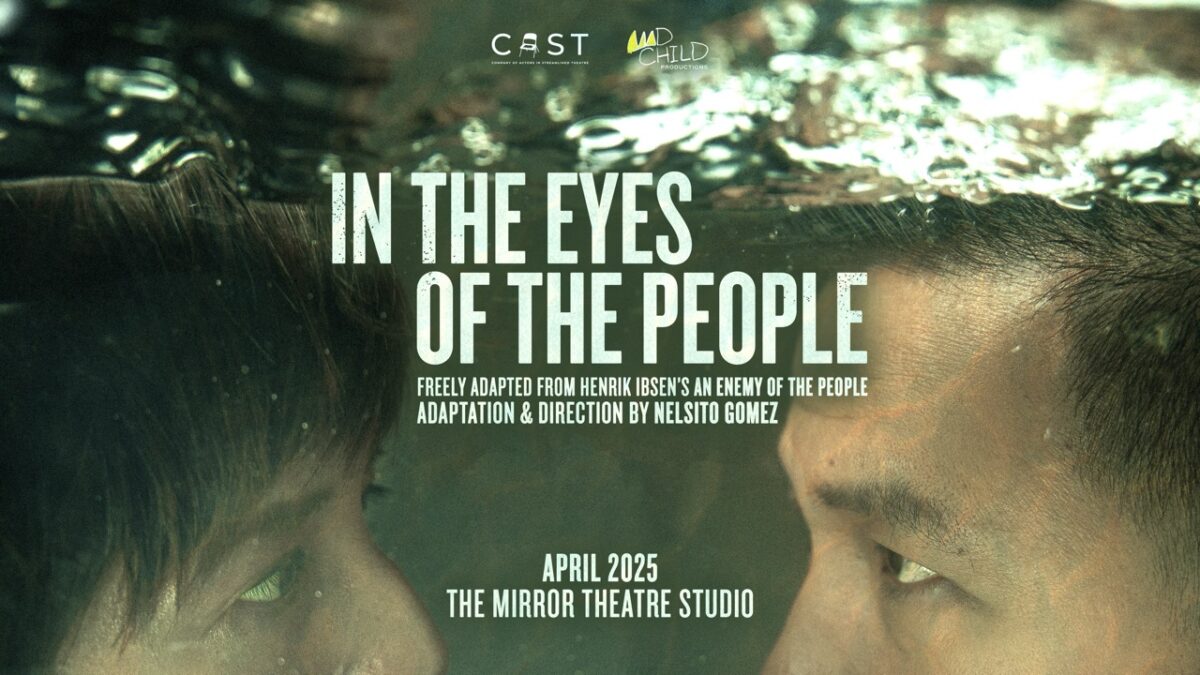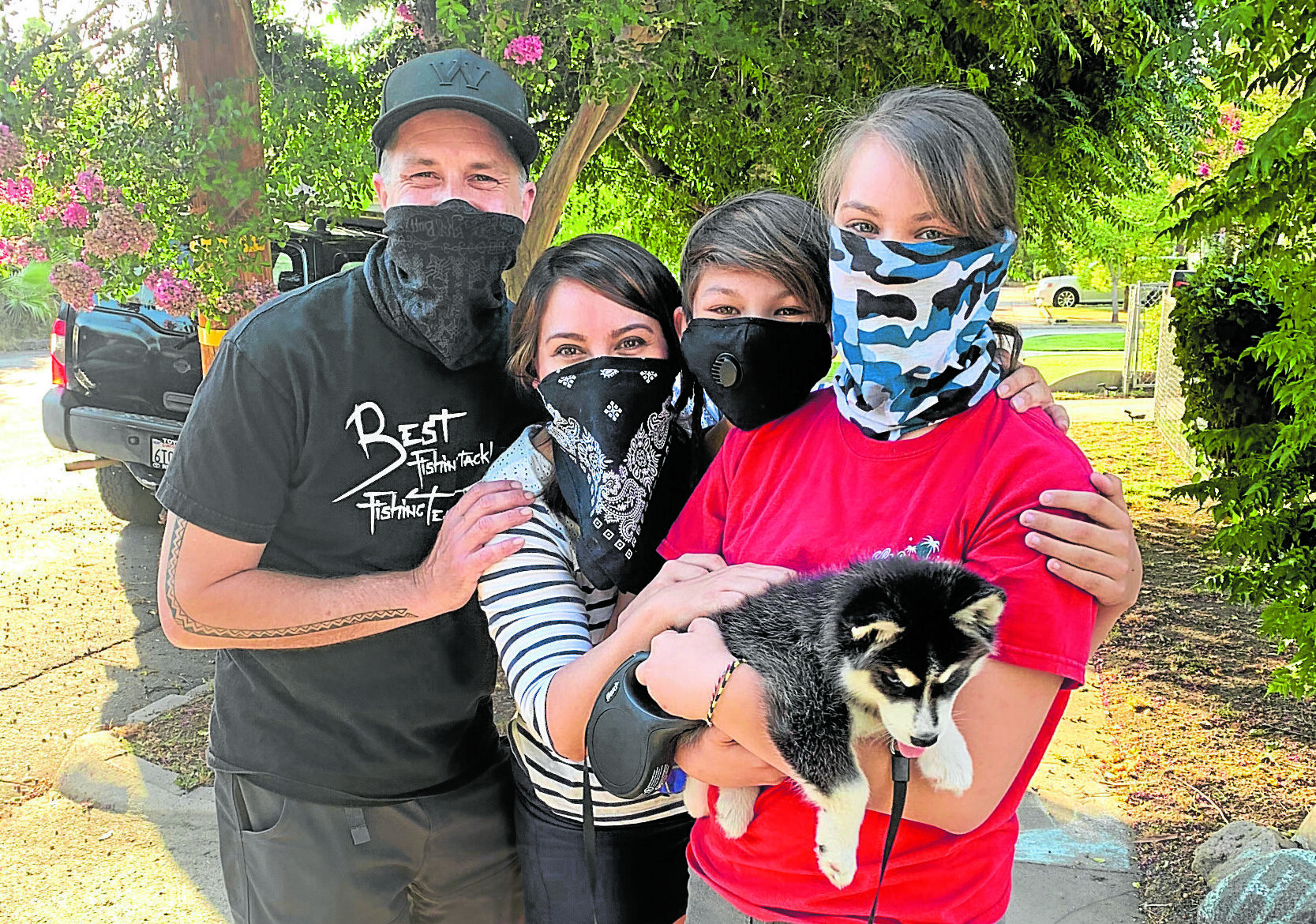
In a crowded dark room, Syria’s last shadow puppeteer crouches on stage, holding two intricate figures against a brightly lit silk screen and voicing their animated chatter.
Hiding inside his booth and moving the silhouettes around on sticks, Shadi al-Hallaq gave a proud performance on Monday night after his disappearing art finally received international recognition.
Syrians last week received news that their war-battered country’s shadow theatre has secured a coveted place on the United Nation’s list of world treasures.
“When they rang to congratulate me, it was like a day dream,” said the puppeteer, a slim 43-year-old wearing a dark grey suit and warm beige scarf.
His two star characters, the naive but charming Karakoz and clever friend Eiwaz, would finally receive the limelight they deserved, he said.
“There’s no one in Syria who masters the art except me,” said Hallaq, who learned it from his late father, a famed storyteller who performed in one of the capital’s oldest coffee shops.
“There are no regular shows anymore, though I have given performances in a few places over the past years,” said the puppeteer, who previously worked as a taxi driver.
The advent of digital entertainment as well as mass displacement due to conflict have contributed to the gradual decline of the art in Syria, the UN says.
Only a few such performers existed in the country before the war broke out in 2011, and a leading shadow puppeteer has since gone missing.
Traditionally, shadow plays were held in coffee shops.
A bright light would project the silhouettes of the puppets onto a silk screen, usually accompanied by dialogue and music.
Often including humorous social commentary, they would star Karakoz and Eiwaz, as well as female characters and talking animals.
Hallaq’s characters are crafted from cow leather, their clothes cut out with decorative patterns and painted with water colors “so the light can shine through.”
Karakoz is short and dons a large red hat, while Eiwaz sports an elegant mustache. As they move around before an arched alleyway, their witty banter entertains all generations.
“My audience are old and young — from three years old to old men in coffee shops,” Hallaq said.
The art form is said to be centuries old, long before the war that has killed 360,000 people and displaced millions from their homes.
Some say Karakoz and Eiwaz are typical Syrians from Damascus, while others say they are in fact originally Turkish.
Since the UN cultural agency UNESCO classified his art as “in need of urgent safeguarding,” Hallaq said things are looking up for his art and its two stars.
“I thought I would have to bury them” away, he said. But now “a bright future awaits them in Syria. I will tour with them all over the country.” JB
RELATED STORIES:












































